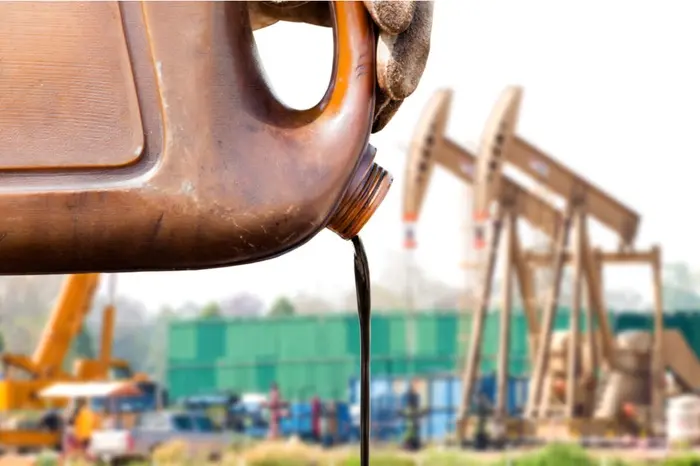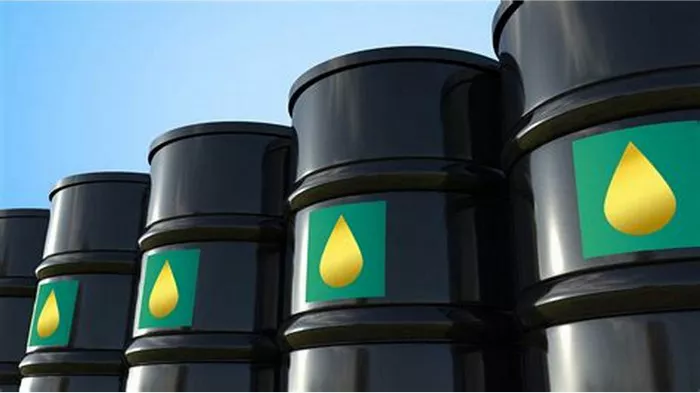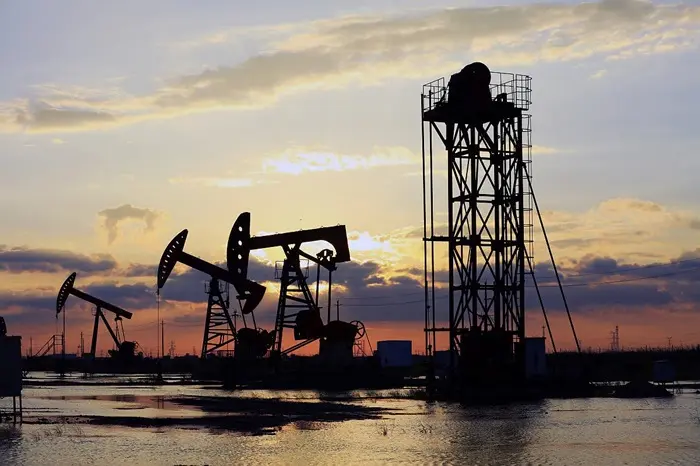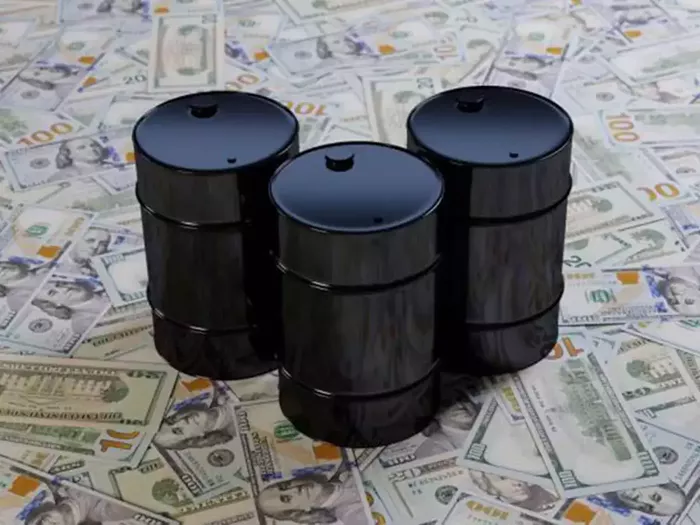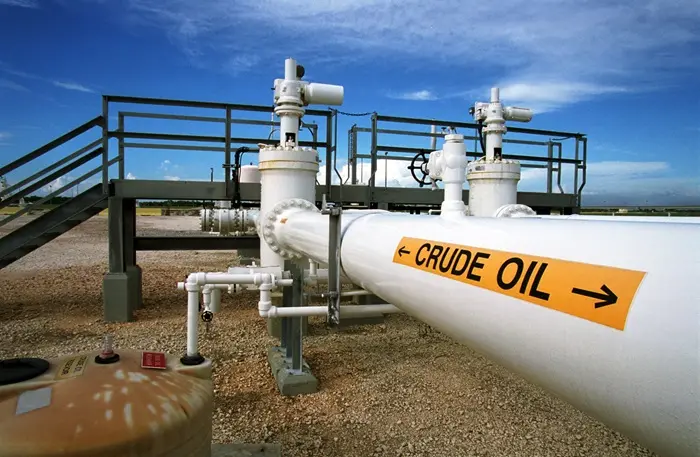Crude oil, often referred to as “black gold,” is one of the most critical commodities in the global economy. Its significance goes beyond its role as a primary source of energy. Crude oil influences various sectors, impacts geopolitical relations, and is a key driver of economic growth. Understanding why crude oil is so important requires an exploration of its multifaceted role in the world today.
The Role of Crude Oil in Energy Production
Primary Source of Energy
Crude oil is the world’s most significant energy source, accounting for around 33% of global energy consumption. It is primarily used to produce fuels like gasoline, diesel, and jet fuel, which power vehicles, airplanes, ships, and industrial machinery. Without crude oil, the transportation sector, which is the backbone of global trade and commerce, would grind to a halt.
Electricity Generation
While coal and natural gas are more commonly associated with electricity generation, crude oil still plays a role, especially in regions where oil is abundant and cheaper than other fuels. In some developing countries and remote areas, oil-fired power plants are a crucial source of electricity. This makes crude oil an essential element in the global energy mix.
Heating
In colder regions, crude oil derivatives, such as heating oil, are essential for keeping homes and businesses warm during winter. The availability and price of heating oil can significantly impact living standards, particularly in areas where alternative heating options are limited.
Crude Oil as a Raw Material in the Petrochemical Industry
Petrochemical Products
Crude oil is the primary raw material for the petrochemical industry, which produces a wide range of products including plastics, fertilizers, detergents, synthetic fibers, and pharmaceuticals. These products are integral to daily life, making crude oil indispensable to the manufacturing of countless goods.
Plastics and Synthetic Materials
A significant portion of crude oil is processed into petrochemicals that are used to create plastics. Plastics are found in almost every aspect of modern life, from packaging and construction materials to medical devices and consumer electronics. The versatility and durability of plastics make them essential in various industries, and their production relies heavily on crude oil.
Impact on Agriculture
Fertilizers, pesticides, and other agricultural chemicals derived from crude oil are crucial for modern farming practices. These products increase crop yields and ensure food security for billions of people worldwide. The agriculture sector’s dependence on crude oil underscores its importance in sustaining global food supplies.
Economic Significance of Crude Oil
Global Trade and Commerce
Crude oil is one of the most traded commodities globally, with millions of barrels exchanged daily across international markets. The oil trade is a major component of the global economy, influencing trade balances, foreign exchange reserves, and the financial stability of many countries. For oil-exporting nations, crude oil is a significant source of revenue, while for importing nations, it represents a critical expenditure.
Job Creation and Economic Growth
The oil industry is a major employer, providing millions of jobs worldwide, from exploration and drilling to refining and distribution. In addition to direct employment, the oil industry supports numerous other sectors, including manufacturing, transportation, and services. The economic activity generated by the oil industry contributes to the GDP of many countries, particularly in regions where oil production is a significant part of the economy.
Influence on Inflation and Consumer Prices
The price of crude oil has a direct impact on inflation and consumer prices. When oil prices rise, the cost of transportation, manufacturing, and heating also increases, leading to higher prices for goods and services. Conversely, when oil prices fall, the cost of living can decrease, which can boost consumer spending and economic growth. This relationship makes crude oil a key determinant of economic stability.
See Also: Where to Trade Crude Oil Futures?
Geopolitical Importance of Crude Oil
Strategic Resource
Crude oil is considered a strategic resource because of its vital role in national security and economic stability. Countries with abundant oil reserves often hold significant geopolitical power, as they can influence global oil supply and prices. This power can be used to achieve political and economic objectives, making crude oil a central element in international relations.
Energy Security
For many countries, securing a stable and affordable supply of crude oil is a top priority. Energy security involves not only ensuring sufficient supply but also protecting access to oil reserves from potential threats such as geopolitical conflicts, natural disasters, or supply chain disruptions. Countries with limited domestic oil production often rely on strategic alliances and international agreements to secure their energy needs.
Conflict and Diplomacy
Crude oil has been at the center of numerous geopolitical conflicts and diplomatic negotiations. Control over oil-rich regions has historically been a source of tension and warfare. At the same time, oil has also been used as a tool for diplomacy, with countries leveraging their oil wealth to forge alliances and negotiate trade agreements. The importance of crude oil in international politics cannot be overstated.
Environmental and Sustainability Considerations
Environmental Impact
The extraction, transportation, and combustion of crude oil have significant environmental consequences. Oil spills, air and water pollution, and greenhouse gas emissions are some of the adverse effects associated with the oil industry. The environmental impact of crude oil has led to growing concerns about its sustainability and the need for cleaner alternatives.
Shift to Renewable Energy
As the world grapples with the challenges of climate change, there is increasing pressure to reduce reliance on fossil fuels like crude oil. The shift to renewable energy sources, such as solar, wind, and hydropower, is gaining momentum. However, the transition to a low-carbon economy is complex and will take time, making crude oil an essential energy source for the foreseeable future.
Sustainability Efforts in the Oil Industry
In response to environmental concerns, the oil industry is investing in technologies and practices that reduce its carbon footprint. Efforts include improving energy efficiency, reducing flaring and methane emissions, and exploring carbon capture and storage solutions. These initiatives aim to make crude oil production more sustainable while meeting global energy needs.
Crude Oil and Technological Advancements
Innovation in Exploration and Production
Technological advancements have revolutionized the exploration and production of crude oil. Techniques such as hydraulic fracturing (fracking) and horizontal drilling have unlocked vast reserves of oil and natural gas, particularly in North America. These innovations have reshaped global energy markets and increased the supply of crude oil, contributing to energy security.
Digitalization in the Oil Industry
The oil industry is increasingly adopting digital technologies, including artificial intelligence, big data analytics, and the Internet of Things (IoT). These technologies enhance operational efficiency, improve safety, and reduce costs. Digitalization is helping the oil industry adapt to changing market conditions and meet the challenges of the energy transition.
Impact on Global Supply Chains
Crude oil is a critical component of global supply chains, not only as a source of energy but also as a raw material for various industries. The oil industry’s integration with global supply chains means that any disruption in oil production or transportation can have far-reaching effects on the economy. Technological advancements in logistics and supply chain management are helping to mitigate these risks.
Conclusion
Despite the growing emphasis on renewable energy and sustainability, crude oil remains a cornerstone of the global economy. Its importance is evident in its role as a primary energy source, a raw material for countless products, a driver of economic growth, and a key factor in geopolitical relations. As the world transitions to a more sustainable energy future, crude oil will continue to play a vital role in meeting global energy demands.
Understanding the multifaceted importance of crude oil is essential for grasping the complexities of the global economy and the challenges of energy security. While the future may see a gradual shift away from fossil fuels, crude oil’s significance is likely to endure for many years to come.
[inline_related_posts title=”You Might Be Interested In” title_align=”left” style=”list” number=”3″ align=”none” ids=”3462,3429,3461″ by=”categories” orderby=”rand” order=”DESC” hide_thumb=”no” thumb_right=”no” views=”no” date=”yes” grid_columns=”2″ post_type=”” tax=””]

